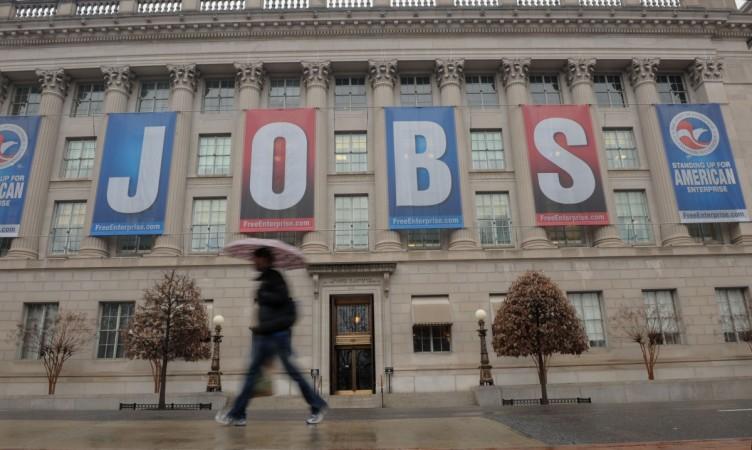
The US unemployment index fell from 3.7 per cent to 3.5 per cent in September, a month when 1,36,000 new jobs were created, the US Department of Labor reported this Friday.
The unemployment volume is at its lowest since the month of December 1969, no less than 50 years ago, the Efe news reported.
Though the US economy continues to provide almost full employment, the creation of 136,000 new jobs was below the expectations of analysts, who had forecast some 147,000 places of employment added to the US labor force.
The average hourly wage in September dropped 1 cent on the dollar to $28.09, after an increase of 11 cents the month before.
Over the past 12 months, wages have increased by 2.9 per cent, three-tenths less than the amount they went up in August.
The rate of participation in the labor force, which is to say the proportion of Americans who are either employed or seeking employment, remained stable at 63.2 percent in September.
That was the 108th straight month in which employment has grown in the United States, the labor market's longest streak on the positive side in recorded history.
In its last meeting on monetary policy in September, the Federal Reserve System (Fed), the central bank of the United States, decided to lower interest rates to a range between 1.75 per cent and 2 per cent.
That was the second consecutive cutback in interest rates in a decade, after the Fed decreed the first last July. That one was ordered as a measure taken to counteract the intense financial crisis at the end of 2008.
The Fed has defended that strategy as a way to strengthen the economy in the context of a slowdown in global growth, particularly in China and in Europe, and the uncertainty surrounding world trade.
The next meeting on monetary policy of the US Federal Reserve System is scheduled for October 29-30.
US President Donald Trump has on several occasions applied pressure on the Fed to lower interest rates in order to increase economic activity.








